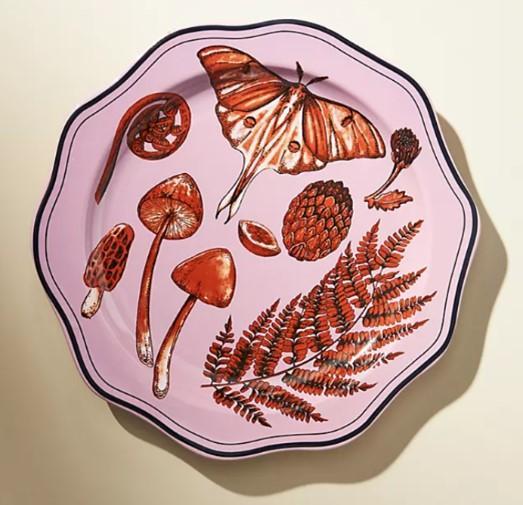A recall has been issued for Chinese-made plates that contain an element Health Canada is calling a “chemical hazard.”
The lilac-hued Elin dessert plates sold by Anthropologie are being recalled for containing cadmium “in excess of allowable limits,” Health Canada said in its March 21 advisory.





